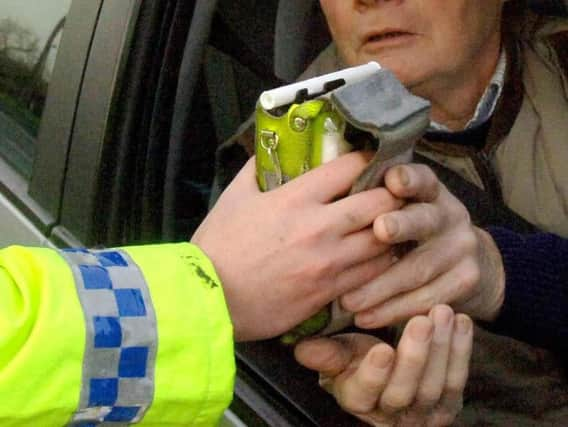Revealed: The shocking number of drivers who are over the limit on New Year's Day


But less understood are the effects of alcohol consumption the night before on driving the morning after.
According to a new poll*, 46.6% of people admit to driving while over the limit in the past.
Advertisement
Hide AdAdvertisement
Hide AdOf these, 31.4% had done so unintentionally the morning after, but a worrying 12.6% had done so intentionally.
25.2% of people surveyed thought that those who drink-drove the morning after the night before should get a lesser penalty because they may be doing it unintentionally.
But 67.5% of respondents thought morning-after and evening drink-drivers should be treated no differently.
When asked to estimate how long it might take the alcohol consumed on New Year’s Eve to clear their system, one in three underestimated it.
Advertisement
Hide AdAdvertisement
Hide AdAnd 8.9% of people said they thought it would be safer to drive the day after New Year’s Eve if they’d been drinking at home, rather than if they had gone out and had the same amount of alcohol.
* The poll of 1,000 drivers, carried out nationwide, was carried out by by AlcoSense Breathalysers,
Hunter Abbott, managing director of AlcoSense, said: "It’s easier than you might think to still have alcohol in your system the morning after a few drinks the night before - and unintentionally drink drive the next day.
"But it’s not just about being under or over the limit. Studies show that if you drive while having only one-eighth of the English drink drive limit in your system (one fifth of the Scottish limit), you are 37% more likely to be involved in a fatal accident than when sober*.
Everybody’s different and will process alcohol at differing rates. It’s almost impossible to accurately estimate when you’ll be clear the morning after, so it’s better not to take the ris."